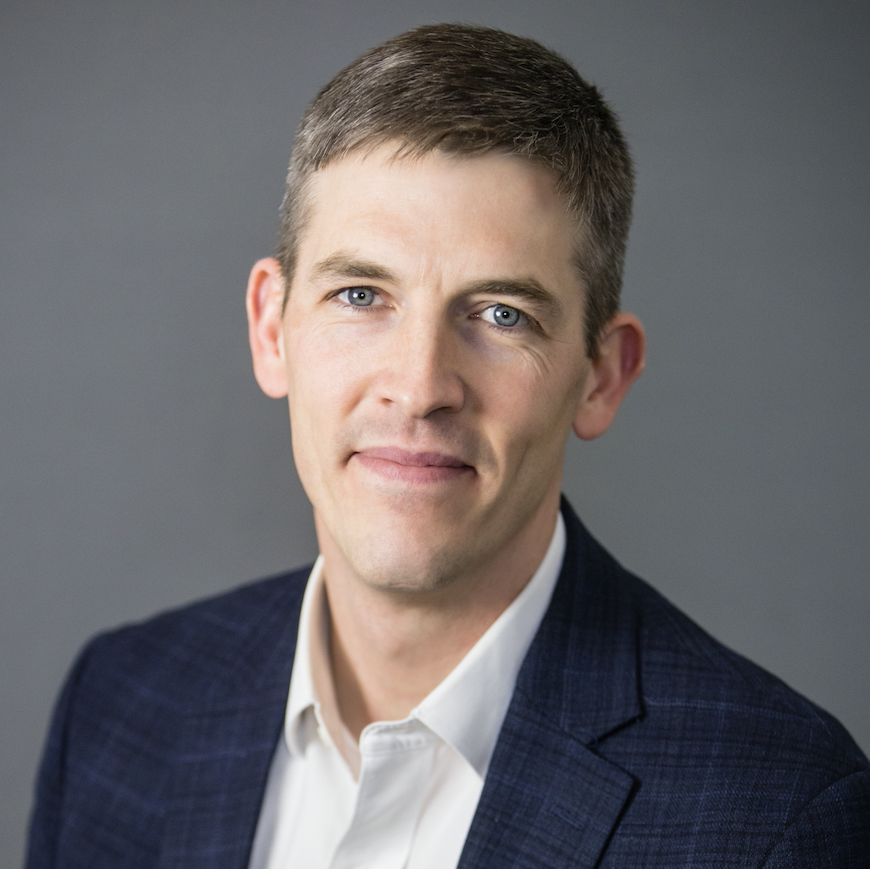|
Getting your Trinity Audio player ready...
|
It has been three years since the President of the United States said the following: “There’s not a single thing a man can do that a woman can’t do as well or better. Not a single thing.” This was surely to many, of course, one of the most triumphant statements by a man on the role of women since Percy Shelley went about condemning monogamy and chastity to the fate of Ozymandias (“boundless and bare / The lone and level sands stretch far away”).
As much as there is fun in the debate over whether art imitates life or life imitates art (especially after quoting an artist like Shelley), in this case we have a clear case of art (words) imitating life (the loss of men as men). For there is most certainly one archetypal thing that men not only can do better than women but exclusively can do. It is something that is lacking to the point of serious trouble (an understatement), the absence of which has reached the status of a pandemic. It is something as necessary for the soul and well-being of a child as food, water, and shelter to the body:
Father.
Orthodox. Faithful. Free.
Sign up to get Crisis articles delivered to your inbox daily
I don’t mean the noun—though that is certainly true; obviously only men can be a father. I mean the verb, the actions stemming from the call to arms and charity that earn men the honor of being called Daddy. The modern world has declared that children not only do not need a father (or a mother, for that matter) or to be fathered (or mothered) but that a woman or multiple women can be a substitute for a father. The statistical effect that the abandonment of fathers has on children—and those same children’s mothers—of course bears out the opposite and doesn’t need repeating here.
But there is a larger truth at play that the world must awaken to, and perhaps there are signs that it is awakening. This truth was brilliantly expressed by C.S. Lewis in The Abolition of Man: “Human nature will be the last part of nature to surrender to men.”
We can conquer the skies with airplanes, infections with penicillin, the structure of the atom with nuclear fission and fusion, and the limits of time and space with the internet, to name a few. But what about the need for joy? Not even Huxley’s soma could bridge the gap between man’s existential ache and the yearning for happiness and fulfillment.
And what of meaning and purpose and community? If any attempt could be made to conjure an artificial answer, it might be the unqualified devotion given over to Orwell’s Big Brother and Oceania, but we know how that turns out. (Even Mary Shelley’s Frankenstein monster never got the answer to the purpose of his existence that he so desperately craved!)
The irreplaceable role that fathers play in the joy of children, their confidence in accepting an identity, and their moral formation is brilliantly brought to the fore by Fr. Dave Pivonka, Dr. Bob Schuchts, and others in My father’s Father, a new docuseries directed by Dan Johnson and streaming for free on Wild Goose TV. There is no person, no matter the circumstances of their parents (married, unmarried, old, young, poor, rich, etc.) who is perfectly detached from the gaze and influence of their father; it is an anthropological bridge superglued into the human psyche and as inerasable as truth itself. There is no person, no matter the circumstances of their parents (married, unmarried, old, young, poor, rich, etc.) who is perfectly detached from the gaze and influence of their father.Tweet This
Though many have attempted some kind of emasculation of God (though, to make a different point, He transcends “male” and “female” as the source of them both) in modern times, it is worth serious reflection by every Christian why Jesus’ prime revelation of God is not that He is Omnipotent, Powerful, Friend, Mighty, Eternal, Creator, Conqueror, or Big, but something more intimate and personal: Father. Not only the Father of the Son of God, but in relation to us as individuals, He is Father, a title given by Christ to God over 100 times in John’s Gospel alone.
Nearly 2,000 years later, the reality of God’s Fatherhood is more necessary, perhaps, than it has ever been. Every person has father wounds, no matter how great your father was. If he was imperfect, he left wounds by his words and actions (or lack thereof); if he was, for all intents and purposes, perfect, he set a nearly impossible standard that you probably never felt you could live up to.
But if he was there, if he tried, count your blessings; if he worked hard with you in mind, offer up a prayer of thanksgiving. The cracks, the wounds, whether great or small, are not only a part of the human nature that Lewis warned would never surrender—they are necessary; after all, the most compelling impetus toward accepting the greater identity as a beloved son or daughter of God is to see that only He, as Father, can fill in the cracks with His Living Water.
